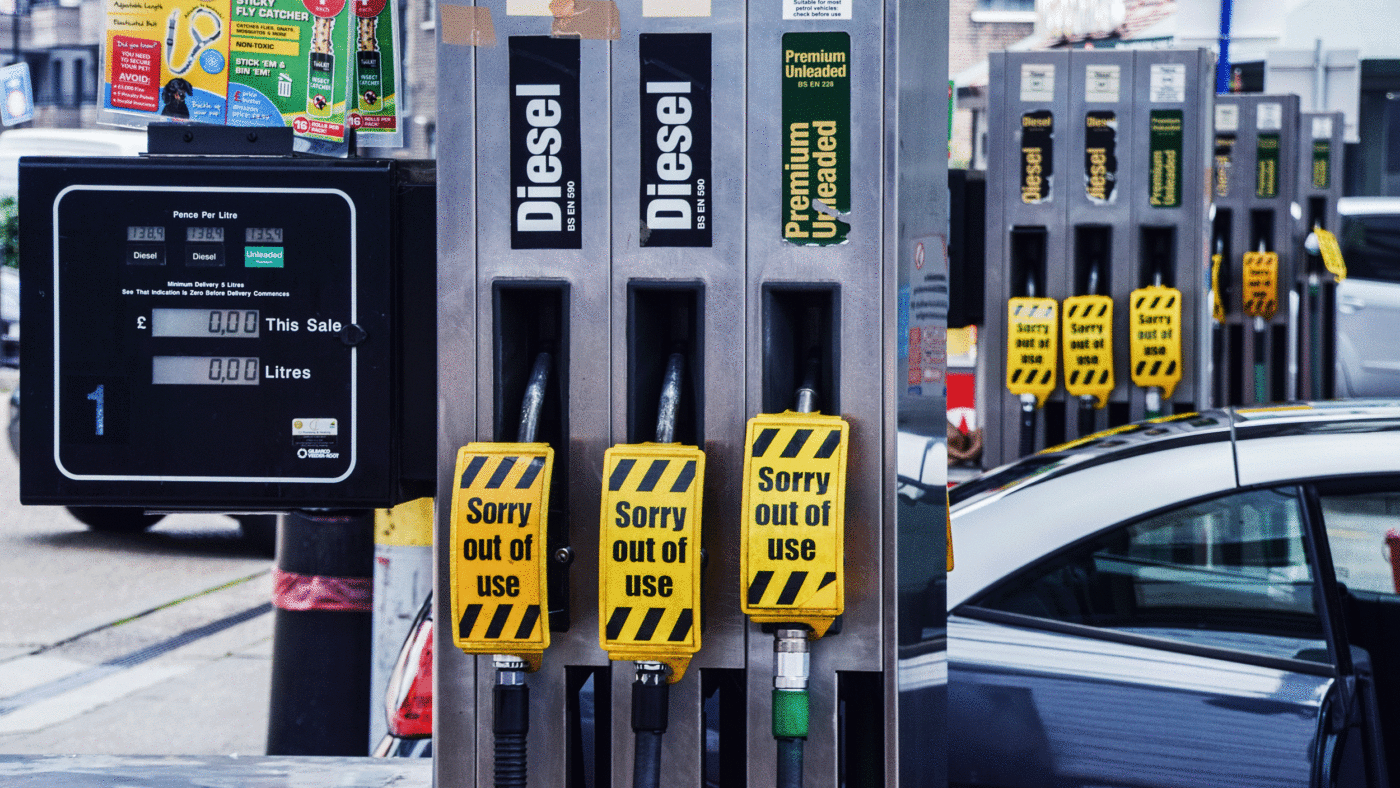Much time, energy, money and column inches have been deployed in recent years to address the scourge of ‘populism’ in the UK and across Europe. The inverted commas are required, because this populism is typically presented as a creature of the political extremes – Marine Le Pen in France; Jeremy Corbyn or Nigel Farage in the UK; Italy’s leftist Five Star and right-wing League.
The reality – which millions of Europeans are experiencing right now – is that populism has been propagated is by mainstream, centrist parties running Europe. Their approach to governing is right out of the East German central planning handbook.
One of the results? an energy crisis that has gripped the continent for weeks.
The causes stretch back to the declaration of the German Chancellor Angela Merkel, in the panicked post-Fukushima days of 2014, that Germany would phase out all nuclear power. The decision was as reckless as it was unscientific, but what it did have in its favour (at the time) was broad public support. Mrs Merkel did not have the courage to stand up for science or fact: she chose the lazy populist route of appeasing the electorate’s worst instincts and most irrational fears. Many others in the EU followed suit. A lack of reliable nuclear power is a driver of today’s supply constraints.
Another cause of this crisis is the crippling cost of green levies that have been introduced across the continent to subsidise technologies that are unreliable, inconsistent, unproven and almost suicidally uneconomic. The UK is one of the worst offenders. Green levies, including feed-in-tariffs, now account for over 25% of the cost of energy bills for British households. These exist because David Cameron’s government decided that ‘something must be done’ about fossil fuels regardless of the the obvious reality that green energy is not yet fit for purpose. Another clear case of knee-jerk populism.
An even more significant factor in the current crisis has been the EU’s consistent efforts to reduce Europe’s energy supply options, by imposing trade restrictions on energy imports.
Take the vaunted Renewable Energy Directive (RED). This policy is a signature initiative of the central planners in Brussels. The goal: to restrict non-European crop-based energy sources from entering the European energy ecosystem.
The result: a de facto ban on cheaper, more efficient bioenergy produced by trading partners like Malaysia. Palm oil bioenergy is cheaper, more efficient, and more environmentally sustainable than European rapeseed – but it has been pushed out of the EU market in order that rapeseed farmers can claim the vacant market share. The real outcome will be that rapeseed is unable to fill the vacuum, and so more Russian gas (or even coal) will be burned to fill the supply gaps caused by shutting Malaysia out of the market.
Banning palm oil bioenergy significantly reduced Europe’s options for diversification of supply. Banning nuclear removed a bastion of reliable supply from several Member States. Green levies increased costs for consumers, driving energy price inflation. All of these policy errors led to higher prices, lower levels of energy reserves, and less market competition.
The problem is not limited to politicians. The mainstream media, so incensed about populist fake news in other areas, seems to have a blind spot when it comes to energy security. Factually inaccurate scare stories about nuclear are a regular feature in newspapers and on TV screens. Mrs Merkel’s abundant use of high-polluting coal to cover her failed green energy push, is barely mentioned. This week, The Washington Post questioned the forest data used by the World Bank and United Nations, in an effort to delegitimise Malaysia and other producers of palm bioenergy exports. These data are the gold standard, globally, for calculating forest cover and preservation: for the Post to call the data into question is a classic populist rejection of facts if they don’t fit the preferred narrative.
The solution to the energy crisis is disarmingly simple: first, reverse these disastrous policy mistakes, including building new nuclear power plants and welcoming diverse sources of supply such as palm oil bioenergy. Second, implement an ‘all of the above’ energy strategy, to widen further the number of sources from which Europe receives its energy and reduce dependence on individual suppliers, and individual fuels.
Natural gas from the US or the Middle East is plentiful, cost-competitive and has none of the geopolitical challenges of Russian gas. And yet, exports to Europe remain stubbornly low. This should change. Welcoming natural gas from friendly nations is another ‘all of the above’ example.
For now, though, the energy crisis rolls on. Top-down government edicts are not going to fix it: that’s what got us into this mess in the first place. Time to remove the trade barriers and let the energy flow in.
Click here to subscribe to our daily briefing – the best pieces from CapX and across the web.
CapX depends on the generosity of its readers. If you value what we do, please consider making a donation.


